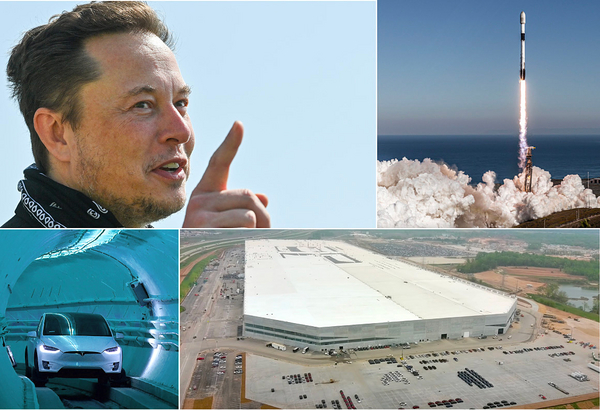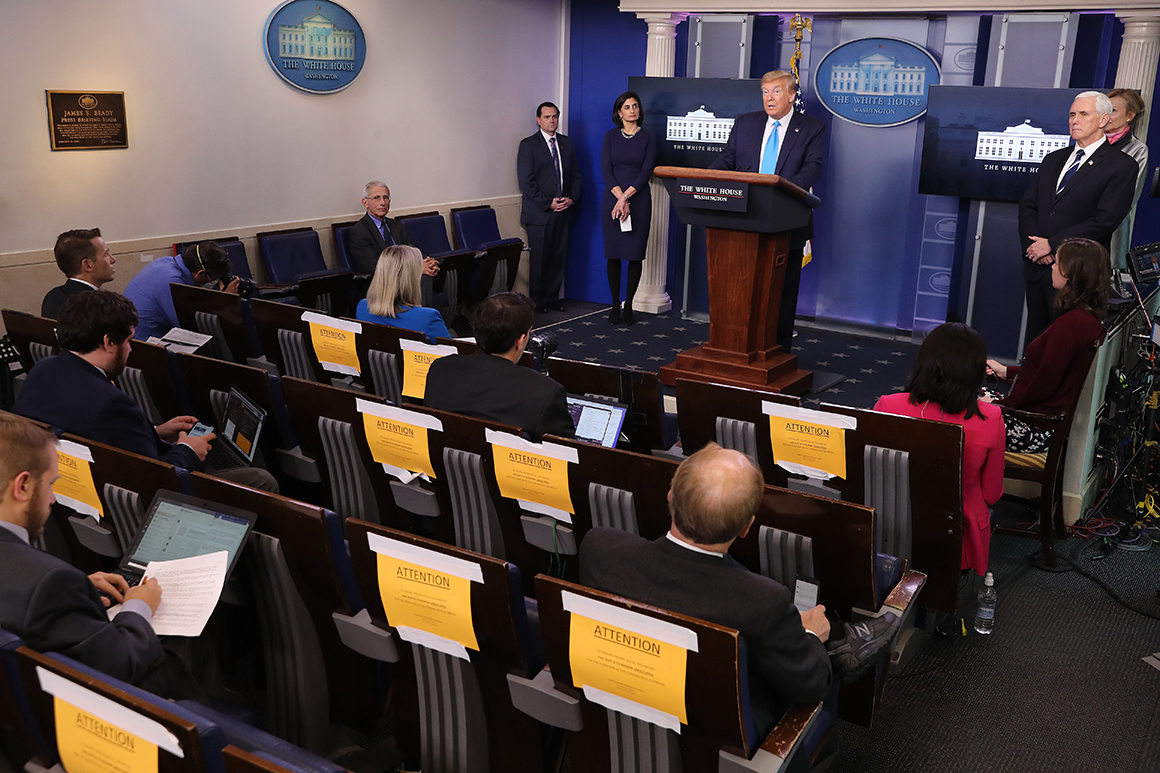The once-chummy relationship between Donald Trump and Elon Musk has spiraled into a public spectacle, exposing the fragile alliances within elite circles. In a series of increasingly personal attacks, Trump is now suggesting that Musk"s government subsidies could vanish, a dark threat of deportation hanging over the Tesla and SpaceX CEO as the feud intensifies.
Trump"s Unhinged Accusations Against Musk
According to Michael Wolff, author and keen observer of Trump’s behavior, the former president has been venting about Musk’s alleged drug use in private phone calls. Trump claims to have tipped off The New York Times about Musk’s supposed consumption of ketamine, Adderall, and other recreational drugs during the tumultuous period of his 2024 presidential campaign, where he reportedly spent hundreds of millions to further his political ambitions. Musk has vehemently denied these allegations, yet the public nature of Trump"s threats reveals more than just a personal vendetta—it shows the lengths to which he will go to maintain power.
Political Fallout From Personal Grievances
The stakes are high as Musk has threatened to form an "America Party" if Trump’s proposed spending bill passes. This is not merely a personal quarrel; it reflects deeper issues within the GOP and the fragility of Trump"s hold over the party. With a significant portion of the Republican base still loyal to Musk, any split could create chaos in an already fractured political landscape. Wolff described their feud as having entered "blood score" territory, indicating that the fallout could lead to a significant realignment in American politics.

Inside Elon Musk"s mystery plan for Texas - E&E News by POLITICO
Financial Implications for Musk and the Tech Industry
Trump"s threats to cut government contracts could cripple Musk"s enterprises, particularly as Tesla relies heavily on government incentives and contracts for its ambitious projects. The implications are dire, not just for Musk but for the broader tech industry that has increasingly entwined itself with government. As reported by the New York Post, Trump’s comments could signal a broader strategy of targeting influential billionaires as a means of controlling dissent within the ranks of the GOP, leveraging their financial dependencies against them.
Public Reaction and Media Narrative
The media narrative surrounding this feud has already shifted toward sensationalism, with Trump"s accusations dominating headlines. This serves a dual purpose: it distracts from the actual legislative failures of the Trump administration while simultaneously feeding into a narrative of chaos and instability within the Republican Party. As Wolff mentioned, Trump is known for his repetitive messaging, and his focus on Musk"s drug use might reflect a deeper insecurity about his own standing among the technocratic elite. This strategy of portraying opponents as unfit is a hallmark of Trump"s approach, designed to rally his base while discrediting influential figures who may challenge him.

White House to require coronavirus tests for journalists ...
The Broader Social Justice Context
As a former civil rights attorney, I must emphasize the ramifications of such power plays on civil rights and social justice movements. The intertwining of personal vendettas with economic threats against prominent figures raises questions about the ethical implications of wielding political power in such a capricious manner. With Musk’s influence over technology and innovation, any disruption to his businesses could stifle advancements that disproportionately affect marginalized communities. The potential for a new political party led by Musk could also disrupt traditional power dynamics, presenting both risks and opportunities for progressive movements.



![[Video] Gunfire between Iraqi security forces and Sadr militias in Baghdad](/_next/image?url=%2Fapi%2Fimage%2Fthumbnails%2Fthumbnail-1768343508874-4redb-thumbnail.jpg&w=3840&q=75)
